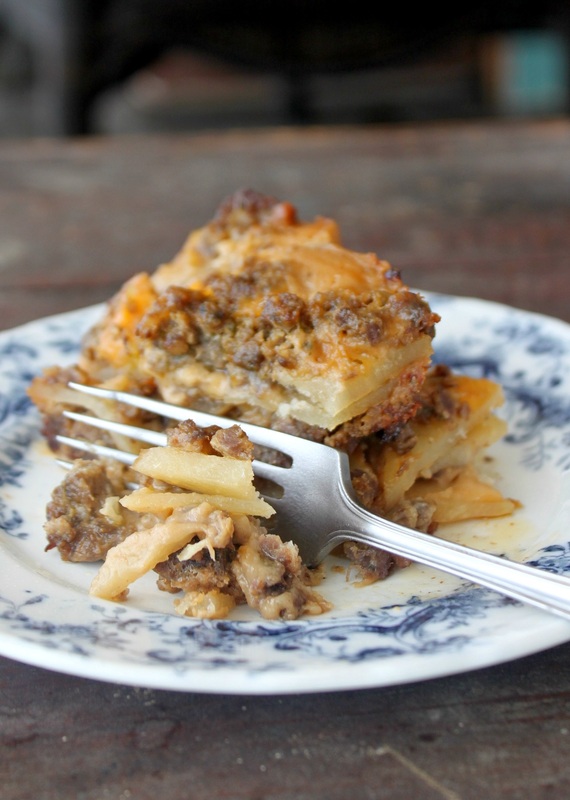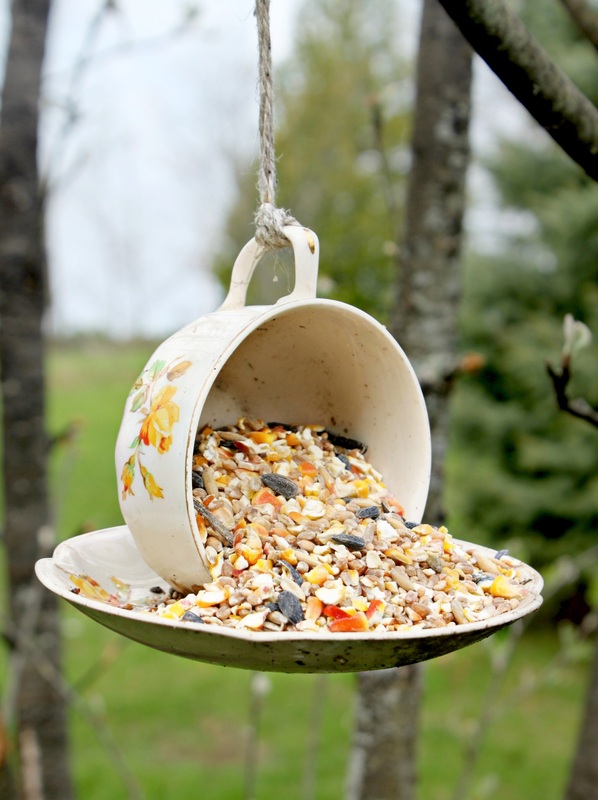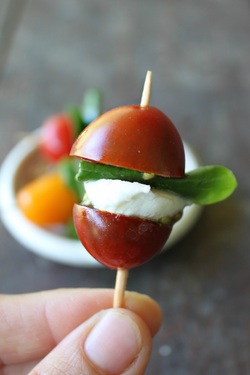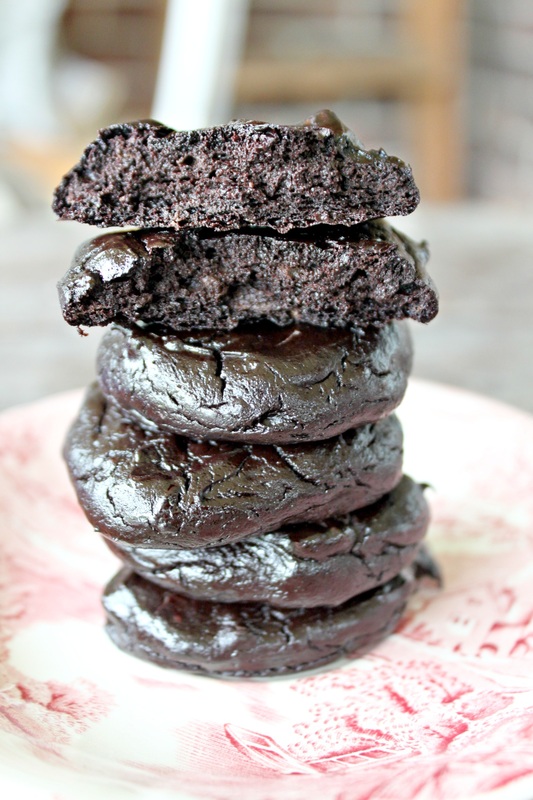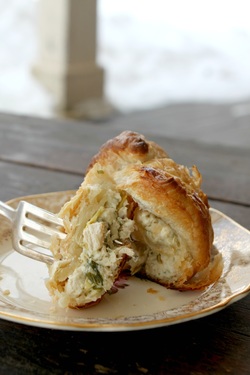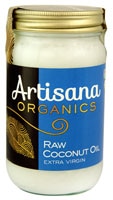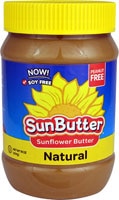|
People who have spent any amount of time with me know I am passionate about food. I love healthy food, and I also love not so healthy food! Just being honest! :) A discussion I find myself in often though is sugar and it's sweet alternatives. So, I wanted to share some thoughts, stats, and facts about the 3 sweeteners I use: sugar, pure maple syrup, and un-pasturized honey. When I'm doing "regular" baking, I use sugar. I use it because I am usually bringing it somewhere or having people over where the dessert in question will be divvied up, and no one person will eat too much of it....and it's cheaper. In my life, eating white sugar is for "treat days", and it is a one day of the week event (sometimes less often...occasionally more often), and because it is isolated and purposeful, I can do it (almost) guilt free. Maple syrup and honey are used in our house more often. I use them when sweetening paleo baked goods, sweetening tea or coffee, or to use on the kids Saturday morning pancakes. Anyway, I am going to run through each item in question, and let you decide how you feel about them! Sugar: So, the basics of sugar that that it is a crystalline substance obtained from various plants, especially sugarcane and sugar beet, consisting essentially of sucrose (two simpler sugars stuck together: glucose and fructose). In recipes, a little bit of acid (for example, some lemon juice or cream of tartar) will cause sucrose to break down into these two components. Neato. Sugar is "natural", it was from a plant, but it's the process it undergoes to become shelf-stable that turns it into a poison for our systems. But beyond that, sugar has NO essential nutrients. None. There are no proteins, essential fats, vitamins or minerals in sugar. It is just pure energy, & empty calories. Sugar is a known cause of insulin resistance (which leads to Type II diabetes), heart decease (studies are showing that sugar effects heart decease more than saturated fat!!! Yowwza!), and sugar even effects how our brains feel about food because of it's high content of fructose, which doesn't tell your brain you are full. So, basically, you end up eating a lot more food (and a lot more empty calories) than you would eat if you had consumed foods that told your brain you were satisfied. So, you put on extra weight. The one thing about sugar that I think is really scary is that it can be actually be addictive. Like abusive drugs, sugar causes a release of dopamine in the reward centre of the brain. The kind of dopamine that is released from eating sugar (and a lot of other types of junk food) is much more significant than what we get from eating real food (food from nature). So, we eat the junk, our brain releases dopamine, we like the feeling, and we repeat the process. The “everything in moderation” message may be a bad idea for people who are addicted to junk food because the best thing for an addiction is abstinence. With all the facts (there are many, and involve big words!), sugar is a poor choice for excessive, everyday consumption. If you are looking for something sweet, look to fruits, or sweeter veggies like carrots, peas that are podded, sweet potatoes (which do take a little effort), or beets. I know it's not the same as sugar, but you can re-train your brain and your body to think of sweet as something different. Maple Syrup: Maple syrup! This is probably my favourite sweetener. Maple syrup has little fat, contains the minerals iron, calcium, zinc, copper, manganese and potassium. Though, maple syrup doesn't offer much in the way of vitamins. F.Y.I, maple syrup is the sap from the (wild sugar) maple tree. The sap that the tree produces (and some brilliant person thought to collect!) is boiled to reduce it to make the sweet maple syrup. When buying maple syrup the label should simply say "100% pure maple syrup" if you want to be sure you're getting real maple syrup. Real maple syrup is more costly than maple-flavoured syrup, but one of these items is real food, and has good elements for you, while the other is made from a nasty mix of sugar, corn syrup, molasses, caramel colour, alcohol, vanilla extract, flavours and a sulphite-based preservative. Which one will you pick? You might save a buck on the maple flavoured syrup, but at what cost? See what I did there? Anyway, the only thing about maple syrup vs honey that tips the scales in the favour of honey is that maple syrup, although it is natural, and not as processed as white sugar, is it is still man made. What comes out of a maple tree is sap. You can drink this sap, but maple syrup really becomes super delicious once it's been boiled down. Honey on the other hand can be eaten strait out of a hive, and it is every bit as delicious as the kind a bee-farmer has extracted (using centrifugal force), and packaged for us. With that, let's move on to honey. Honey: The vitamin content of honey is notably higher than that of maple syrup. It provides a source of vitamin B-6 and vitamin C (maple syrup contains neither of these) :( . Honey also contains more than three times the amount of riboflavin (a part of the B Vitamin group) than maple syrup. A little known fact is that honey also contains fluoride...as in the stuff in your toothpaste and what the dentist gives your teeth a rinse or paste in! What? dental benefits from something sweet? Say it ain't so. My dearest maple syrup contains no fluoride...some other things honey has that maple syrup do not are amino acids, and fibre. The sugars in honey are mostly from fructose though (with a bit from glucose and even less from sucrose), and a diet high in fructose is detrimental to heart and liver health....and remember what I already said about fructose under the sugar blurb? Whomp whomp. So, if you're looking for minerals and lower fructose, maple syrup is a good choice; for those who want the vitamin boost and zero fat (maple syrup has trace amounts), honey is your best bet. But at the end of the day, all sweeteners, be it table sugar, maple syrup, or honey can be bad for you if eaten in excess. The only difference (and redeeming factor) in maple syrup and honey is that they contain vitamins and minerals, and a few other perks. Something I say to people that I food chat with is that when eating foods, whether they be "good" or "bad", pay attention to your body. Some people can eat dairy, wheat, sugar, maple syrup or honey, starches from root vegetables, corn, etc., etc., the list can go no and on. But you need to know and recognize how you metabolize your food and how you feel when and after eating it. Not how the newest guru of the newest fad diet feels about that food. Just you! For instance, if I eat honey past 3 o'clock or so (it doesn't matter if it's strait up, in my de-caff tea, or in a paleo baked good), it will keep me up ALL NIGHT!!! Maple syrup won't do that for me. Sugar makes me happy/laughing, then crying, then angry. In that order, and sometimes quite rapidly and without warning!!! So, when I do have it, I have to mentally be prepared for a string of irrational feelings based on my blood sugar roller coaster! I can eat maple syrup any time of day, and in any amount, and not have a blood sugar rise and crash, or excessive energy resulting in no sleep. So, learn to read your body-that is real natural health. We are each made differently, and react to foods differently, and therefore one persons rules should not apply to all people. There are some cold hard facts about some foods, but telling yourself that it is forbidden will almost always make you think about it more (you know it's true!), and want it all day! If you struggle with a certain food, be it sugar, breads, salt, whatever-tell yourself when you can have it. Say, a certain day of the week, or within a certain window of the day. Sometimes giving yourself a rule, but with a reward, can be beneficial to gaining control over your health and over those things that may control you. As a parting note, I didn't even mention agave nectar. Whaaaaa? But Agave is all the rage! I know but I don't like it. It's fructose content is worse than high fructose corn syrup, and therefore (I believe) shouldn't even be considered as a healthy sweet alternative. Don't hate on me, just read up on it. As for brown sugar, I use it in baking too, I just sort of forgot about it. To me, it's the same as white sugar. Though tastier.
Truthfully, when I see a health-type blog using brown sugar in a recipe, I go, "huh...?". To me, I never thought it was a "health food". Basically brown sugar is white sugar with molasses added, or sugar whose natural molasses wasn't fully extracted (so it can be unrefined or partially refined. Molasses is just a black syrup extracted from the sugarcane as it's processed). Because I kind of forgot about brown sugar, I read up on it last minute, and Wikipedia sums up quite well all he bits and pieces I was reading: "Natural brown sugar, raw sugar, or whole cane sugar is a brown sugar produced from the first crystallization of the sugar cane. There is more molasses in natural brown sugar, giving it a higher mineral content. Some natural brown sugars have particular names and characteristics, and are sold as turbinado, muscovado, or demerara sugar. Although brown sugar has been touted as having health benefits ranging from soothing menstrual cramps to serving as an anti-aging skin treatment, there is no nutritional basis to support brown sugar as a healthier alternative to refined sugars despite the negligible amounts of minerals in brown sugar not found in white sugar. Turbinado and demerara sugars are made by crystallizing raw sugar cane juice, then spinning it in a centrifuge to remove water and some impurities. Demerara sugar has less molasses than light brown sugar. Muscovado (also moscovado or mascobado), an unrefined, dark brown sugar, is produced without centrifuging and has much smaller crystals than turbinado sugar. The sugar cane extract is heated to thicken it and then pan-evaporated in the sun and pounded to yield an unprocessed, damp sugar that retains all of the natural minerals" That's all! My rant about sweeteners is over! Any thoughts? Let me hear 'em! Happy first (full day) of fall, btw!
3 Comments
val
9/23/2014 09:38:05 am
How would you compare these sugars to stevia?
Reply
Sharon
9/24/2014 11:05:21 pm
It was our aboriginal peoples who discovered maple syrup. Next time you see an indigenous person, hug them and thank them for maple syrup :)
Reply
Amy-Lyn
9/29/2014 05:44:32 am
:) Okey dokey
Reply
Leave a Reply. |
Hi, I'm Amy-Lyn! I am the lady behind this here blog! I live in the sticks with my animals, my super handsome husband, and my
3 amazing kids! Here you'll find things from recipes (gluten-free, paleo, and strait up junk food!), DIY ideas, thoughts on raising a son with autism, and whatever else pops into my brain! : ) Read more about me by clicking here! Want to Stay Connected?
Find What
|
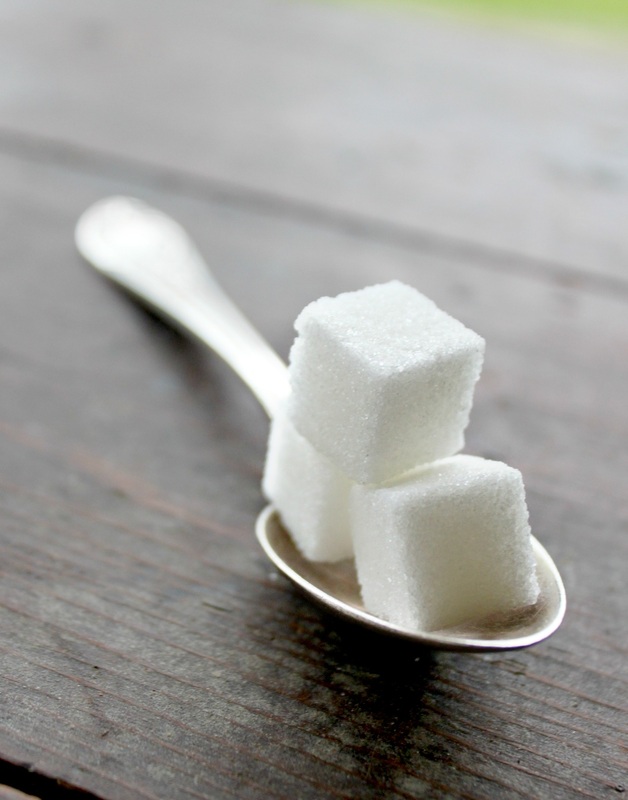
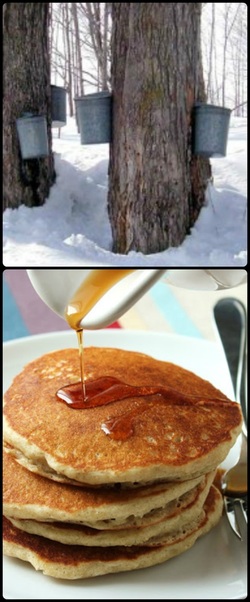
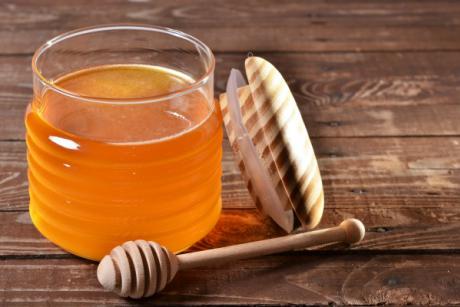
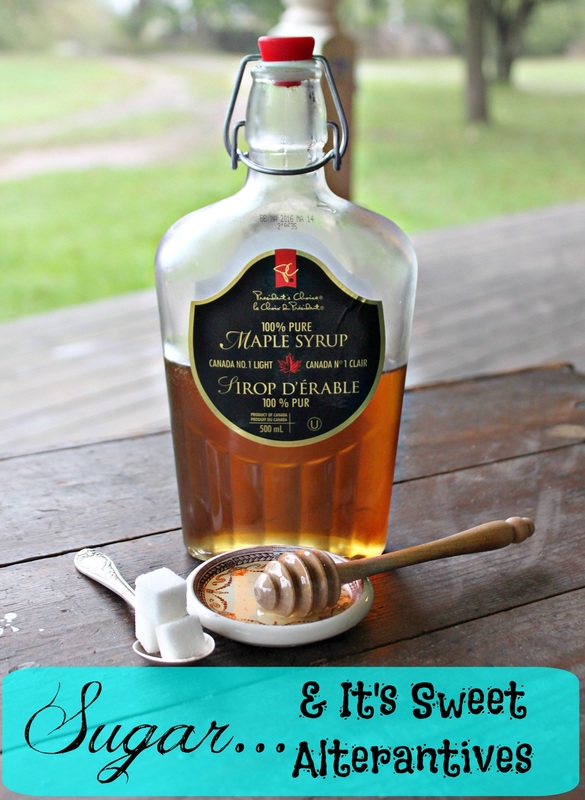
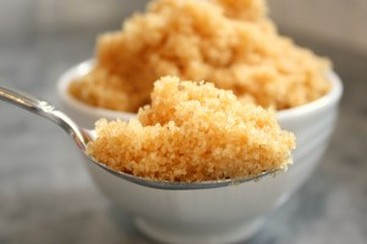

 RSS Feed
RSS Feed
